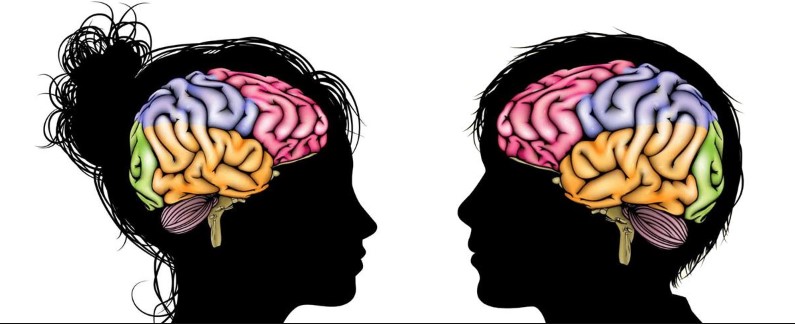-
14 June 2022
-
0 comments

“I used to get this stuff…”
At puberty, the teenage brain temporarily looses some of its capacity for academics.
We want our students to have learnt ahead in the core curriculum with us, BEFORE they hit puberty. That’s the plan – if we get them early enough. And we want you to know what to expect, and how to smooth the journey for all involved.
We had a parent recently bring up with us that, all of a sudden, their Year 9 son wasn’t understanding school maths. Ahh… yes… Year 9 boys!
The good news is that he had already learned with us exactly what he is now doing in school, and he CAN do it. And he subsequently proved that again here over the next two sessions by speeding through the Pythagoras and Trigonometry content that school is currently presenting – but the week before, he thought he knew none of it… only vague recollections… “I used to get this…”
Now, the astute among you will have noticed that the teenager is a temperamental being. Their brain function varies wildly day-to-day, with mood and sleep and exercise and stress and social distractions… However, for this particular fellow, when he’s relaxed, in the right frame of mind, and it is clear what the expectations are, the content just ‘took care of itself’, came back to him.
Human’s brain function is ‘abnormal’ through the intense years of adolescent development, and brain chemicals switch focus to the social world and self-identity development, rather than academics. Boys’ executive functioning goes out the window temporarily… impulsivity, volatile emotions, risky decision making, instinct to conform with peers and to rebel from establishment… all frustratingly intertwined. I said ‘abnormal’ because that’s what it can feel like to parents, but it is so, so, so, so, so normal. And you should let them know it (which reminds me of another of our blogs).
What they then need from us at ELC is not so much to be taught content (we’ve done that already), but rather:
- our student management, goal-setting, resource allocation
- our mentorship, confidence-building, finding purpose
- ‘someone in their corner’ repeating calmly “Your OK, this is all normal. Just hang on. It’ll pass.”,
- commiserating about ‘mean’ teachers and ‘idiot’ friends (and ahem, loving parents…)
- connecting the dots between decisions today and where they want to be as an adult…
And the parental relationship doesn’t always allow for all this. Or you might not know which bits of school are crucial, and which bits are just annoying effects of the system. It is a also boon for students when we have established solid rapport before they his puberty.
If they haven’t had the opportunity to learn ahead before puberty, then the road is rockier. There’s a more difficult tightrope to walk. And we often just need to show them which content is truly important to focus on, and which stuff they just do their best to ‘get though’. And we’ll see how things shake out once we’re out the other side of adolescence.
So, while parents so often come looking of ‘tutoring’ once they see school marks falling, marks are the symptom, not the real problem. Tutoring content is superficial and won’t address the underlying circumstances.
If we focused narrowly on content tutoring, rather than taking a holistic approach, overall, we would cause more harm than good. We’re not as concerned about an A+ (or even a B or a C) on the next test as we are about knowing that this human will be a happy, independent, self-motivated person when they are done with school, and they are making their own path in life.
So, support for the whole individual has always been the point of what we do here, necessarily – because teaching content is just pointless, or even detrimental, if a student is not in the right place psychologically to take it onboard.
Share Social
























